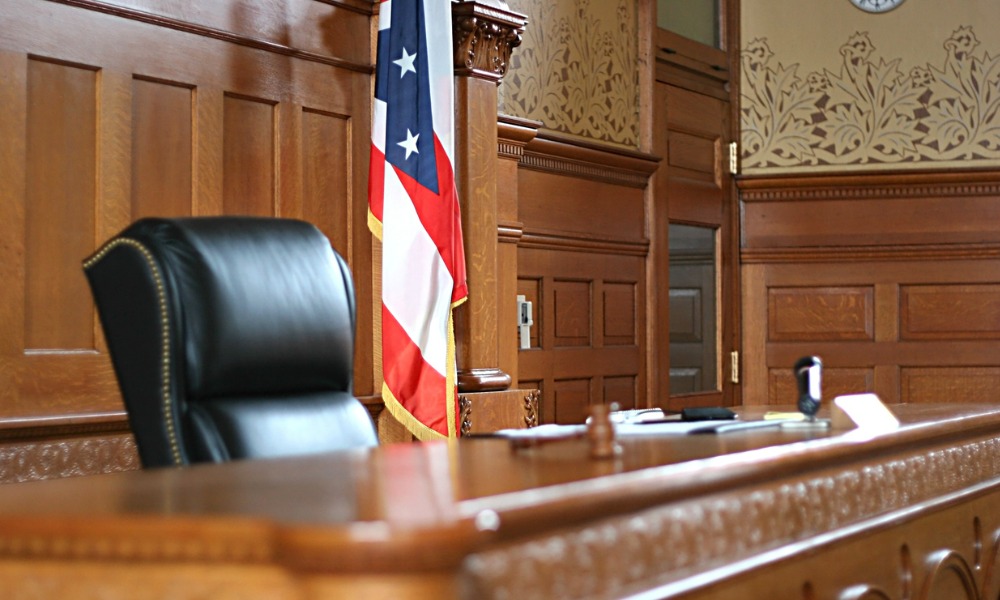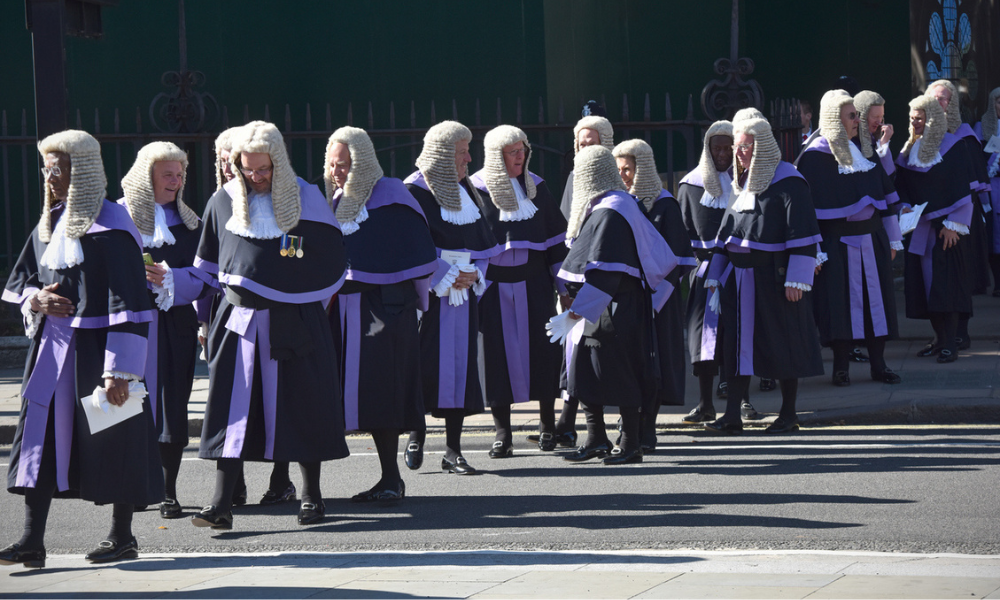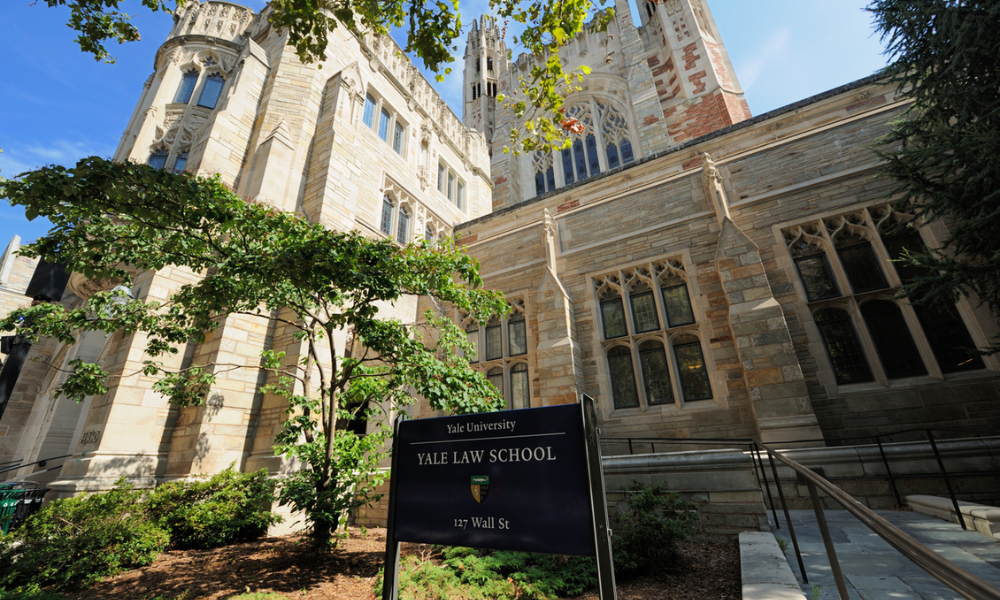The course is modelled after a program at Georgetown University Law School

The University of New South Wales (UNSW) will be giving its juris doctor students the chance to gain hands-on experience using cutting-edge legal technology as it launches a new course backed by law firm Gilbert + Tobin and artificial intelligence software company Neota Logic.
The course, Designing Technology Solutions for Access to Justice, will be available as an elective for JD students starting semester 2. It is modelled on the program developed in the US by Georgetown University Law School and Neota Logic. G+T will cover the cost of the software licenses and associated course materials. G+T and UNSW have a long history of collaboration, with the top firm supporting the establishment of the Gilbert + Tobin Centre of Public Law in 2000.
The course will “help law students add an extra dimension to their degree by giving them practical experience in developing digital solutions to provide access to justice to those who really need it,” said Julian Uebergang, Neota Logic’s APAC managing director.
Students will be given the chance to use the technology firm’s development platform to build, test, maintain, and deploy applications. The platform itself can be used by non-programmers, the company said. It allows users to navigate and build software applications and websites that replicate the thinking and actions of lawyers in the context of routine legal problems, said UNSW.
Students will be tasked to design legal information systems that generate legal documents from precedents and provide relevant legal information in response to queries. After learning the necessary skills, students will then work in small groups and partner with a not-for-profit centre or organisation to design and build a legal information system in response to a particular problem or issue.
“Legal information systems, sometimes referred to as ‘apps’, are being increasingly used as a means of providing relevant legal information and generating legal documents. The course will help students understand how these systems work and how to build them, as well as understanding their limitations and negative impacts,” said Lyria Bennett Moses, associate professor and course convenor.
“The ability to understand and build legal technologies will become an increasingly valuable skill in the marketplace, while the ability to provide appropriate critique and understand their limitations remains important for the legal profession.”
Related stories:
Clifford Chance to make legal AI for financial institutions
International law firm joins effort to create online legal AI apps
The course, Designing Technology Solutions for Access to Justice, will be available as an elective for JD students starting semester 2. It is modelled on the program developed in the US by Georgetown University Law School and Neota Logic. G+T will cover the cost of the software licenses and associated course materials. G+T and UNSW have a long history of collaboration, with the top firm supporting the establishment of the Gilbert + Tobin Centre of Public Law in 2000.
The course will “help law students add an extra dimension to their degree by giving them practical experience in developing digital solutions to provide access to justice to those who really need it,” said Julian Uebergang, Neota Logic’s APAC managing director.
Students will be given the chance to use the technology firm’s development platform to build, test, maintain, and deploy applications. The platform itself can be used by non-programmers, the company said. It allows users to navigate and build software applications and websites that replicate the thinking and actions of lawyers in the context of routine legal problems, said UNSW.
Students will be tasked to design legal information systems that generate legal documents from precedents and provide relevant legal information in response to queries. After learning the necessary skills, students will then work in small groups and partner with a not-for-profit centre or organisation to design and build a legal information system in response to a particular problem or issue.
“Legal information systems, sometimes referred to as ‘apps’, are being increasingly used as a means of providing relevant legal information and generating legal documents. The course will help students understand how these systems work and how to build them, as well as understanding their limitations and negative impacts,” said Lyria Bennett Moses, associate professor and course convenor.
“The ability to understand and build legal technologies will become an increasingly valuable skill in the marketplace, while the ability to provide appropriate critique and understand their limitations remains important for the legal profession.”
Related stories:
Clifford Chance to make legal AI for financial institutions
International law firm joins effort to create online legal AI apps







